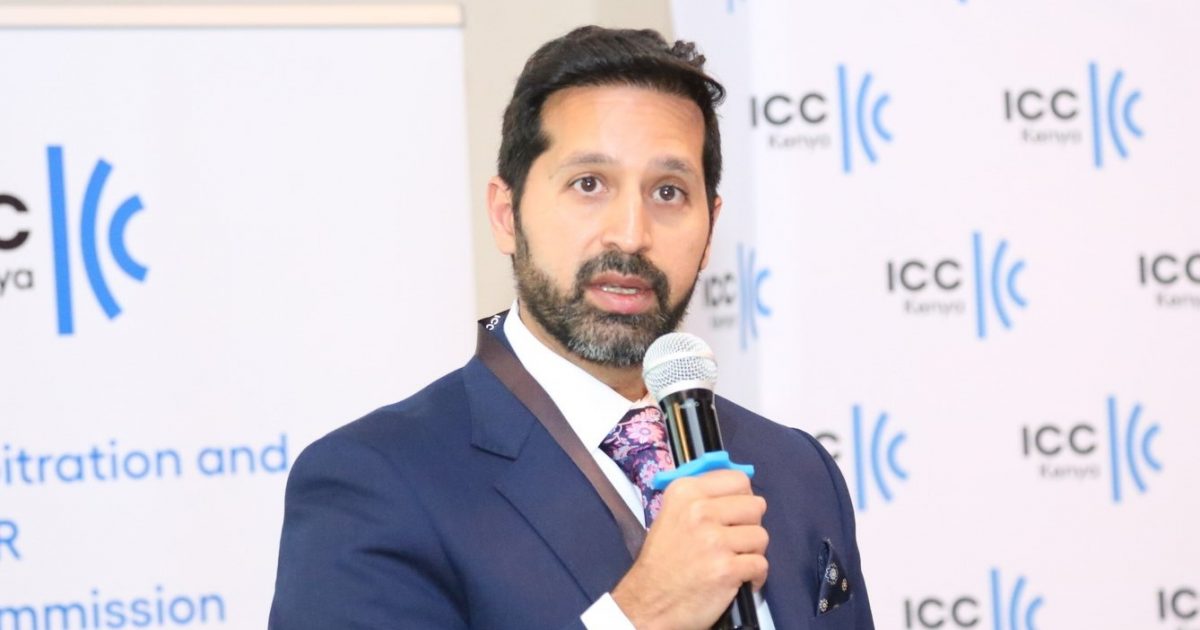The Kenya chapter of the International Chamber of Commerce (ICC-Kenya) Friday hosted the second International Conference on Arbitration and Alternative Dispute Resolution (ADR) in Nairobi.
The conference discussed emerging trends in ADR and arbitration in Africa while providing a learning and ideas exchange platform for policy makers, arbitration practitioners, enthusiasts, and private sector players who form the consumer market for arbitration and ADR in Kenya.
According to ICC-Kenya, the nascent industry is shaping for take-off, driven by the surge in international trade and investments in the region thus increasing business innovation, government spending on infrastructure projects.
Speaking during the conference, chairperson of ICC-Kenya, Commission on ADR and Arbitration Aleem Visram said ICC-Kenya was pushing to grow the number of local practitioners through training and capacity building around emergent sectors such as block chain driven online trade characterized by Greenfield opportunities and cutting across multiple jurisdictions among other areas.
He cited examples of digital or smart contracts executed automatically without human interventions once entered into, traded digital assets such as cryptocurrencies and non-fungible assets (NFTS), among other technologies.
“In addition to sensitizing the private sector on ADR, its opportunities and advantages, this year’s conference also sets the stage for Kenyan ADR and arbitration practitioners to engage directly with the International Court of Arbitration and progress towards their professionalization in international ADR practice”, said Aleem Visram Chairperson, ICC-Kenya, Commission on ADR and Arbitration.
In her keynote address, Diamana Diawara, Director, Arbitration and ADR for Africa at ICC, said all aspects of the ICC dispute resolution system have been growing in Africa over the past 2 years with arbitration and mediation cases growing by 13 per cent and 166 per cent respectively, between 2020 and 2021.
“In 2020, African States represented 40 per cent of African parties involved in ICC arbitrations. In 2021 the figure rose to 50 per cent and since 2022 we have deployed a series of training to provide a robust legal platform for users while consolidating the ADR client base in the continent”, she said.
Other emerging issues discussed included independence and partiality of ADR practitioners, touching on issues of integrity and self-regulation as well as professionalization and development of the African ADR market to stem the flight of ADR cases generated from Africa, but being adjudicated in western capitals.
“We need to be careful not to be an exporter of disputes that can be adequately dealt with locally by ensuring we systematically introduce standards to manage instances of rogue practitioners. We also need to be aware of the aspect of third-party funding as far as compensation and recoveries are instituted to ensure ADR can adapt locally and remain relevant as an option”, said Senior Partner at Mohammed Muigai LLP and also a Chartered Arbitrator Prof. Githu Muigai, who also attended the conference.
By Rita Muthoni





